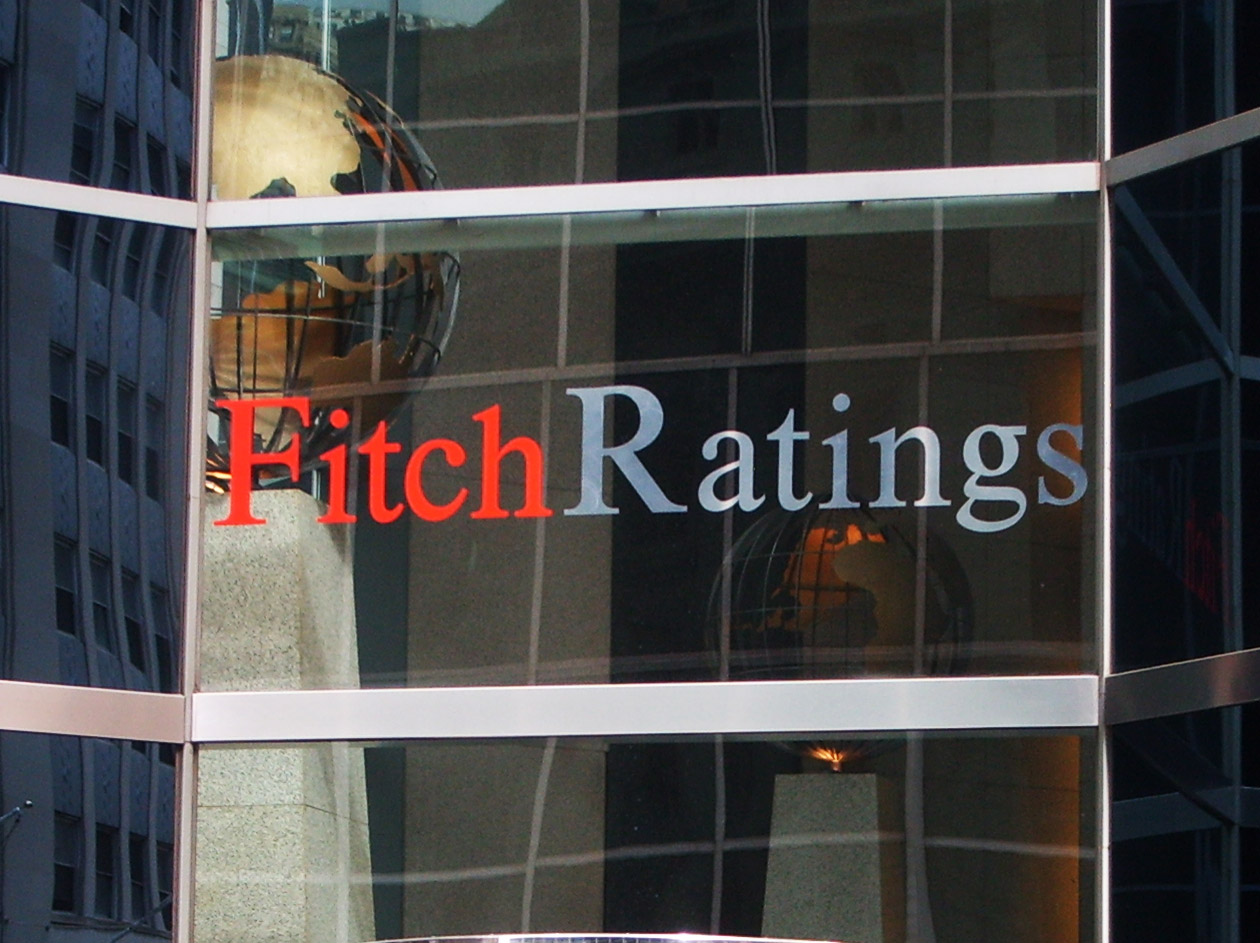Baku, Azerbaijan, Dec.6
By Leman Zeynalova – Trend:
Fitch Ratings has affirmed Kazakhstan-based JSC National Atomic Company Kazatomprom's long-term foreign currency Issuer Default Rating (IDR) at 'BBB-' with stable outlook and its short-term IDR at 'F3'.
“The affirmation reflects our expectations that the company will maintain its financial profile over 2016-2019 within our guidelines for the current rating level, despite a drop in uranium prices and some deterioration of credit metrics in 2018-2019,” Fitch said in its report issued Dec.6.
The average uranium oxide (U3O8) spot prices decreased to $26.9/lb over ten months of 2016, from $36.7/lb over ten months of 2015, and plunged in November 2016 to $18.5/lb, a 12-year low, according to the report.
“We expect the price to remain under pressure, with only a marginal increase to slightly above $20/lb by 2019 on the back of uranium oversupply, as a result of nuclear industry developments, ie a slowdown following the Fukushima accident in 2011,” said Fitch. “A sustained decline in uranium prices would have a lasting negative impact on Kazatomprom's earnings, given the inclusion of spot price elements in its existing long-term sales contracts.”
Despite the continued pressure on uranium prices and its recent drop, the rating agency expects Kazatomprom's EBITDA (Earnings Before Interest, Taxes, Depreciation and Amortization) to remain strong in 2016 at about the 2015 level.
“However, we forecast EBITDA to drop significantly in 2017-2018, due to depressed uranium prices and our expectation of local currency strengthening over this period (to about 310 KZT/USD in 2018 from our 2016 expectation of 340 KZT/USD). However, we expect the company's credit metrics to remain commensurate with the 'BBB-' rating,” said the report.
Fitch anticipates dividends of Kazatomprom from joint ventures (JVs) and associates to increase significantly in 2016 and 2017, to about 70 billion tenges on average from the average of 32 billion tenges over 2012-2015.
This increase is mainly driven by significant revenue improvement, as a result of a tenge devaluation, and a lower increase in costs (as the latter are mainly denominated in local currency), according to the report.
“We believe that the company's JV and associates will continue generating recurring dividends, remaining the main driver of consolidated uranium production growth in the short to medium term. After 2017, we anticipate the dividends from JVs will decrease on weak uranium spot prices and local currency strengthening,” said Fitch.
Fitch's key assumptions within its rating case for the issuer include:
- uranium sales volumes to remain relatively flat, in line with the company's guidance;
- uranium sales prices of $28/lb in 2016, $21-22/lb in 2017-2018 and $24/lb in 2019;
- inflation of 14 percent in 2016 and 6.3 percent on average over 2017-2019;
- capex averaging 50 billion tenges annually for 2016-2019;
- dividends received on average of 50 billion tenges annually over 2016-2019;
- dividends paid in line with the level approved by Samruk-Kazyna for 2016 results; a 30 percent dividend payout ratio for 2017-2019.
Fitch believes that future developments that may, individually or collectively, lead to positive rating action are: reduction of FFO adjusted gross leverage to below 1.5x on a sustained basis; successful implementation of a vertical integration strategy, while maintaining a sound financial profile.
Future developments that may, individually or collectively, lead to negative rating action: deterioration of FFO adjusted gross leverage above 2.5x on a sustained basis due to, among other things, a more aggressive capex program, acquisitions, and/or lower-than-expected uranium prices; reduction in dividends from JV and associates that are significantly below Fitch's current expectations could put pressure on the ratings.
“We believe Kazatomprom will generate healthy cash flows from operations over 2016-2019 and its FCF is likely to be positive in 2016, due to strong financial performance as a result of a favorable tenge devaluation; however, this may turn negative in 2017 as a result of lower cash generation pressured by low uranium prices and relatively high capex. This may add to funding requirements,” Fitch said.






